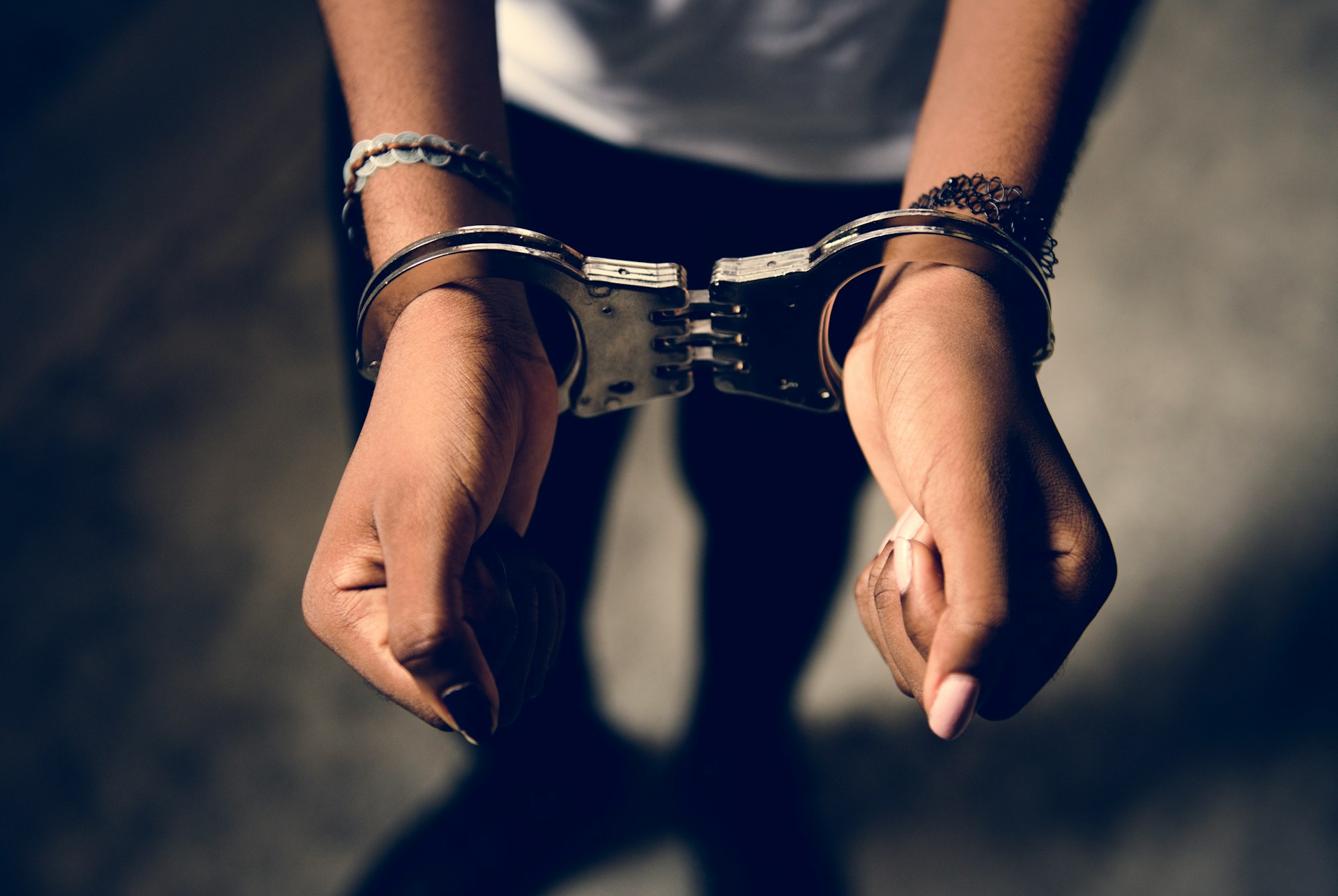The Las Vegas Monorail closed its doors for months when the COVID-19 pandemic hit, but it’s finally getting a fresh start. The Las Vegas Convention and Visitors Authority (LVCVA) purchased the Monorail in December 2020. Now, there are big plans to expand services with the help of the Boring Company and its founder, Elon Musk.
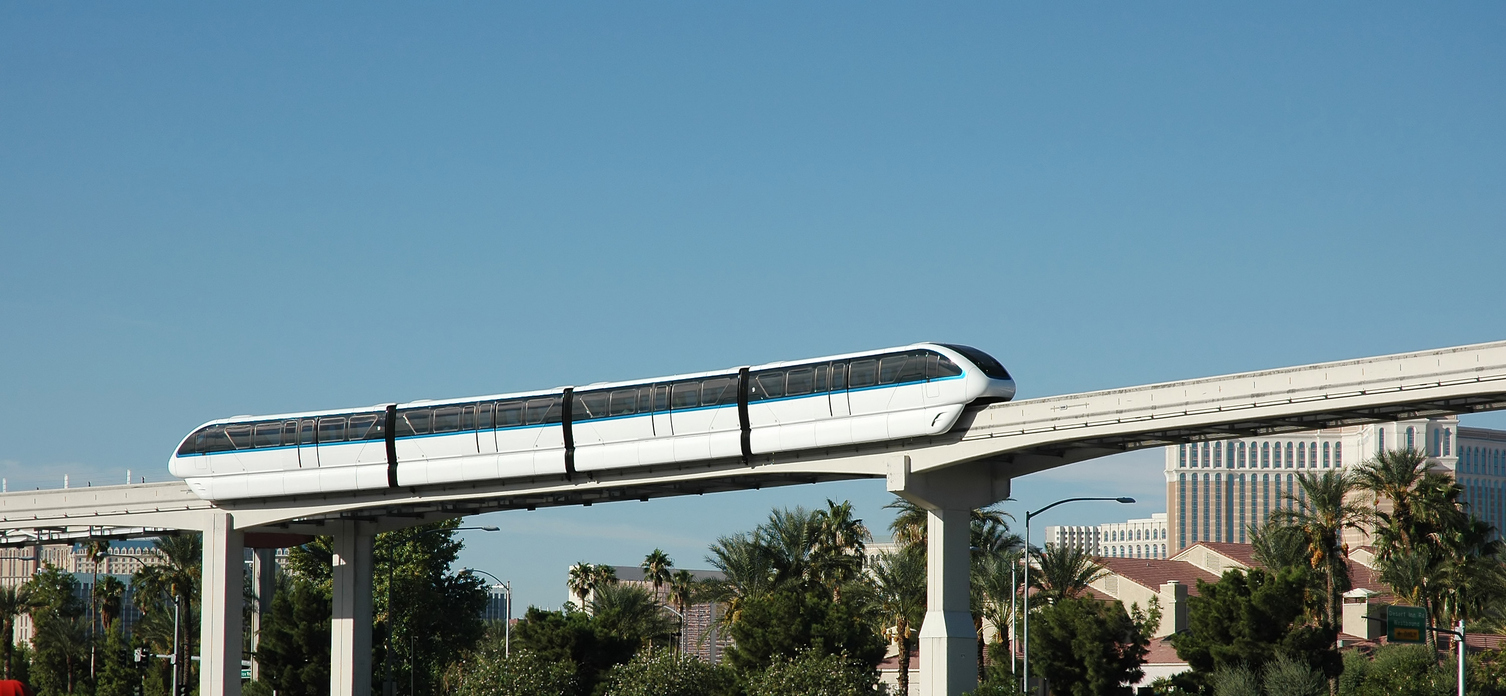
Las Vegas Monorail Files for Bankruptcy
When COVID-19 hit the Las Vegas Strip in early March 2020, the Las Vegas Monorail closed its doors. The Monorail first opened in 2004. It is 3.9 miles long and, until the COVID pandemic, it served more than five million riders each year. With the dangers of the pandemic, reduced ridership and the need for enhanced cleaning measures, the Monorail closed its doors for the remainder of 2020. Facing expenses and no income from ridership, the Las Vegas Monorail filed for Chapter 11 bankruptcy in September 2020.
Las Vegas Convention and Visitors Authority Purchases the Las Vegas Monorail in Bankruptcy
Enter The Las Vegas Convention and Visitors Authority. They purchased the Monorail in bankruptcy. Now, there are plans to extend public transportation rail and shuttle services throughout the Strip and downtown hotspots.
The price tag for the Las Vegas Monorail was a cool $24.3 million. Authorities hope that the sale can keep the Monorail running and provide valuable transportation services throughout the congested Las Vegas Strip. The long-term goal is to extend services through the resort district, to Allegiant Stadium and to McCarran International Airport.
Elon Musk Boring Company To Partner With LVCVA on Las Vegas Public Transportation
Elon Musk, of Tesla fame, seemingly built the Boring Company for just this purpose. The Boring Company says that its mission is to fight “soul-destroying traffic.” They focus on safe, easy digging projects that create transportation tunnels. The Boring Company says that congested cities either need flying cars or underground tunnels, and well, underground tunnels are weatherproof while flying cars are not.
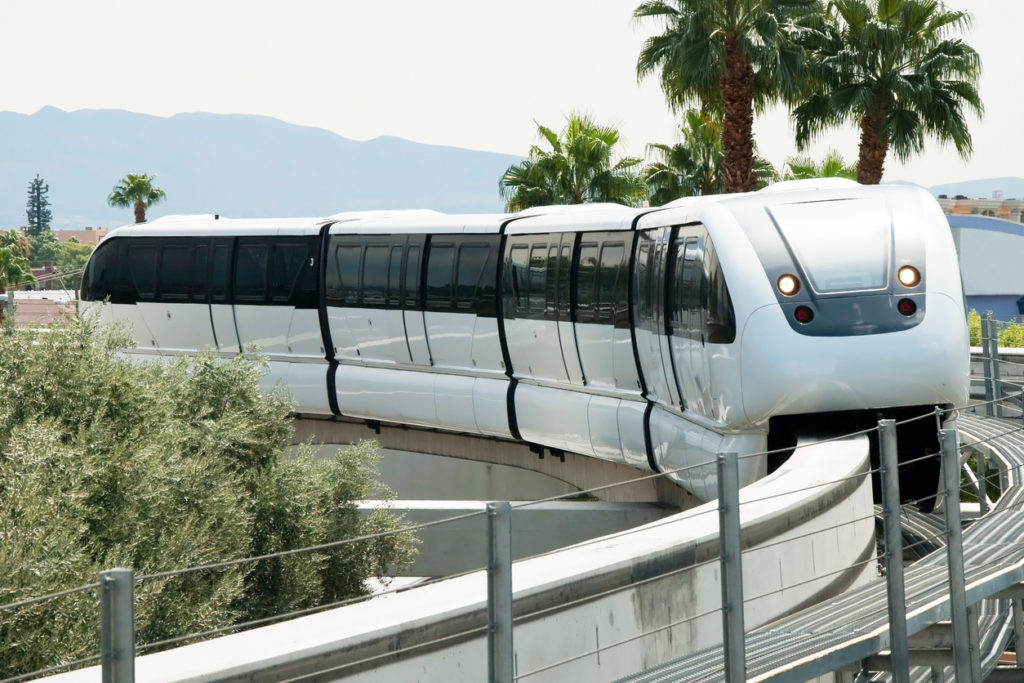
The Boring Company began its plan to revolutionize Las Vegas transportation at the Las Vegas Convention and Visitors Authority. The two parties entered into a multi-million dollar agreement to build a series of underground tunnels. Their vehicles could then shuttle people in groups of up to 16 around the convention grounds in Tesla’s all-electric vehicles. With the LVCVA’s 200-acre campus, the transportation service can cut commute time down to just over one minute.
Does the Monorail in Las Vegas Go to the Airport?
At this time, the monorail in Las Vegas does not go to the airport. The monorail runs north and south along the Las Vegas Strip from MGM Station to SAHARA Station and back, with several stops in between.
However, it does not travel to McCarran Airport. There are various transportation options from the Las Vegas airport, including public bus, shuttle, taxi, rideshare, and a tram that runs between terminals if you need to get to a different parking lot.
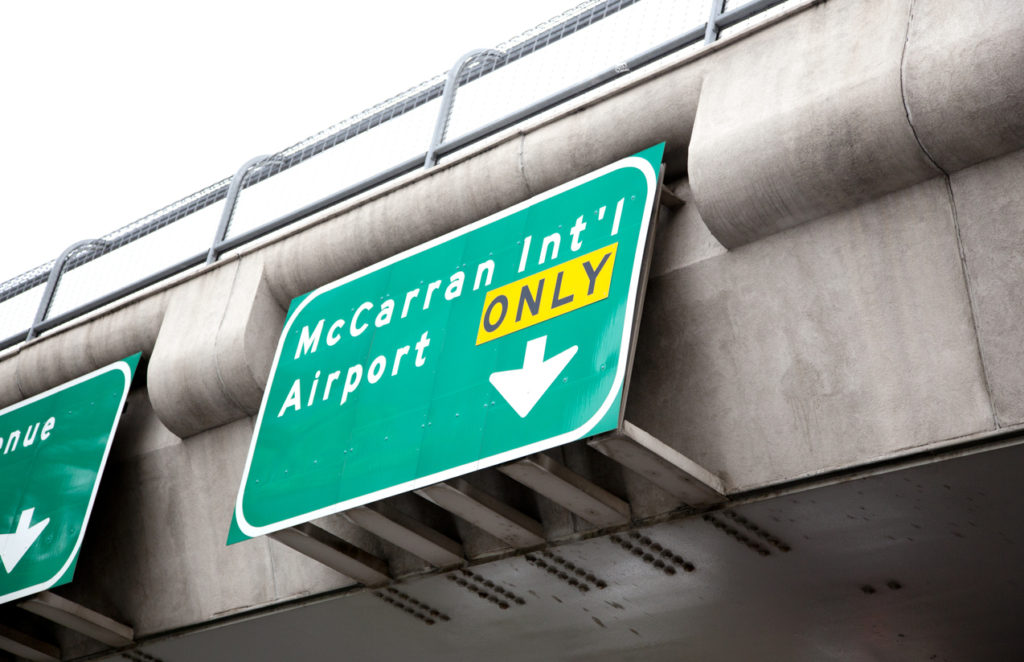
Boring Company To Expand Las Vegas Transportation With LVCVA Acquisition of the Monorail
Now that the LVCVA has acquired the Monorail, the floodgates are open to expanding the Boring Company’s digging plans throughout Las Vegas. Wynn Resorts and Genting Group Resorts in Las Vegas have already signed on to have Boring Company tunnels extended to their resorts from the convention center. In fact, the Boring Company plans to create a city-wide loop. However, individual businesses will have to pay for a stop at their property.
The LVCVA’s takeover of the Monorail axed a non-compete agreement that prohibited the Boring Company from digging around town. When it was in force, the non-compete blocked the Boring Company from extending to any areas that the Monorail already served. Now that the non-compete agreement is a thing of the past, the Boring Company can work with the Monorail and its infrastructure in order to provide more comprehensive services. The company says that their final plans allow them to shuttle thousands of people an hour in electric trams that service up to 16 people each.
Las Vegas Monorail Chapter 11 Filing
Facing insurmountable debts, the Las Vegas Monorail entered Chapter 11 bankruptcy in late 2020. The form of bankruptcy is available to both individuals and businesses. However, it is one of the more complex bankruptcy filings, so it’s most commonly used by businesses. A Chapter 11 filing allows a business to keep its enterprise alive while restructuring its debts over time.
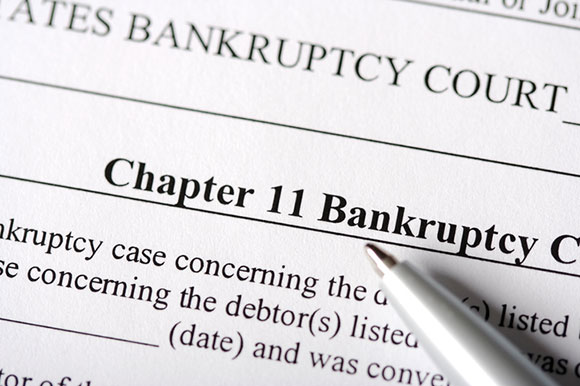
In a Chapter 11 case, the business files a petition, or a debtor may file a petition to initiate the case. The business states their identification information, and they file a schedule of assets and liabilities. They must disclose their financial affairs. The company creates a plan to reduce expenses, renegotiate debts and liquidate assets.
The court approves the reorganization if it’s in the best interests of creditors. A typical case lasts between four and 18 months from filing to when the business finalizes its reorganization plan. In the case of the Las Vegas Monorail, the LVCVA purchased the Monorail while the asset was in bankruptcy. As early as 2021, the Las Vegas Monorail will reemerge into the transportation future with the help of the LVCVA and the Boring Company.





